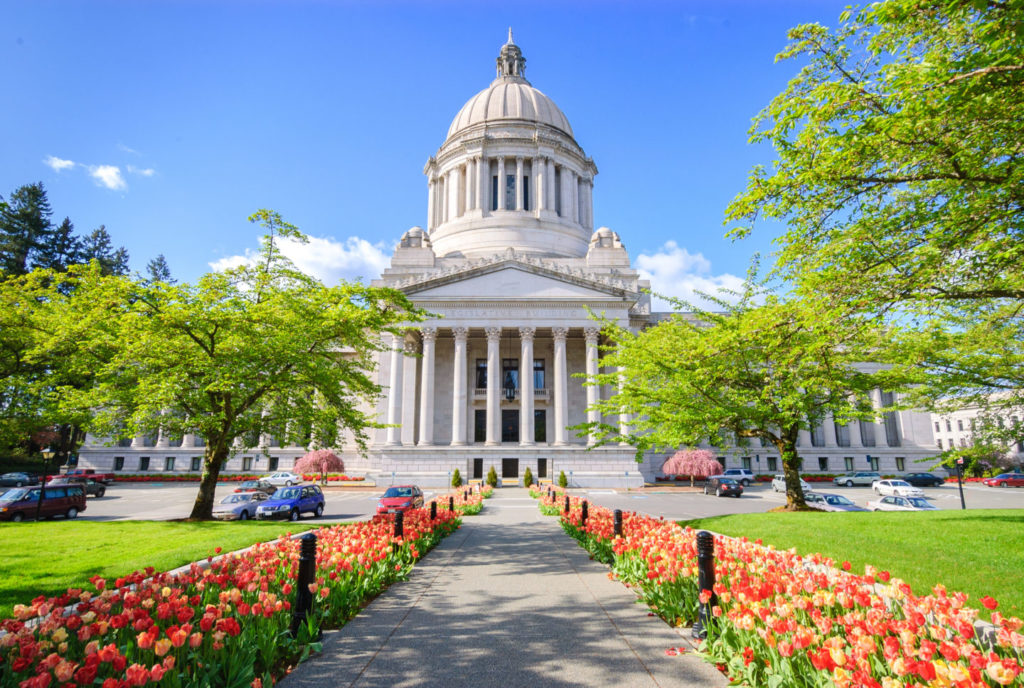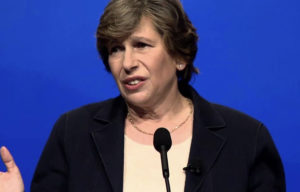Teachers union urges Washington Supreme Court to uphold capital gains tax
(The Center Square) – The Washington Education Association has filed a brief with the state Supreme Court that calls for opening the door to the imposition of a graduated income tax without a…

(The Center Square) – The Washington Education Association has filed a brief with the state Supreme Court that calls for opening the door to the imposition of a graduated income tax without a constitutional amendment or voter approval.
The brief is in connection Douglas County Superior Court Judge Brian Huber’s March 1 ruling that last year’s capital gains tax, Senate Bill 5096, is an unconstitutional graduated income tax. That legislation created a 7% tax on the profits of sales of assets, such as stocks and bonds, above $250,000.
Huber sided with plaintiffs in supporting their definition of capital gains as income.
The tax’s constitutionality hinges on whether it’s characterized as an income tax or an excise tax.
State Attorney General Bob Ferguson has since asked the Supreme Court to take up the case on direct review.
“The Constitution’s definition of property as ‘everything . . . subject to ownership’ does not answer the relevant question, it simply raises it: Is income subject to ownership?” the April 11 WEA brief asks. “The nature of income is not that of a static asset subject to ownership that can be kept or sold, such as land (tangible property) or stocks and bonds (intangible property). Rather, income is better characterized as money in motion, a nontransferrable expectancy that is earned either from time worked or the outcome of a business and is taxed accordingly.”
In short, the WEA is asking the court to rule people don’t own their own income.
The brief goes on to say, “If this Court rules ESSB 5096 imposes an income tax, it should revisit Culliton and progeny.”
The state Constitution requires that any tax on property be imposed in a uniform manner. In the 1933 case of Culliton v. Chase, the Supreme Court invalidated a voter-approved progressive income tax meant to pay for education. In its decision, the court ruled that a person has a property interest in his or her wages, setting the precedent that any income tax levied by the state must apply equally to everyone.
Since then, the court has consistently ruled that income is property.
Washington voters have subsequently chimed in as well, rejecting six constitutional amendments allowing a progressive income tax, as well as four income tax initiatives.
In its brief, the WEA appeals to the Supreme Court for direct review of the case, citing the state’s highest judicial body as the sole institution capable of providing a quick and decisive resolution.
“Only this Court can provide the timely and definitive resolution of the issues surrounding ESSB 5096 necessary both to provide clear guidance for individual taxpayers subject to the capital gains tax and to facilitate the state planning and budgeting process,” the brief states. “An interim trip to the Court of Appeals cannot provide a definitive decision on these questions. Moreover, the delay caused by a decision to transfer this case to the lower appellate court would result in prolonged uncertainty regarding the constitutional status of ESSB 5096.”
The Supreme Court is expected to decide on direct review in October or November.



